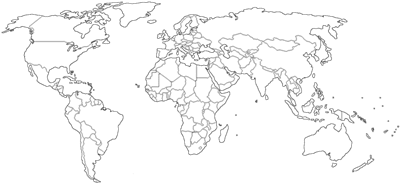|
Summary:
Maintenance of installations of video surveillance systems, intrusion alarm, fire detection and access control, Redal sites (renewable contract). Country:
Morocco
Notice Type:
Tender Notice Deadline:
08 May 2024 Posting Date:
17 Apr 2024 |
|
Summary:
Extension Of The Gap Access Management System At The Safi Ville Fishing Port And At The Safi Atlantic Port Country:
Morocco Estimated Cost:
MAD 790800 Notice Type:
Tender Notice Deadline:
09 May 2024 Posting Date:
16 Apr 2024 |
|
Summary:
Access Management Service To The Ports Of Safi Ville And Safi Atlantique Country:
Morocco Estimated Cost:
MAD 959990 Notice Type:
Tender Notice Deadline:
09 May 2024 Posting Date:
16 Apr 2024 |
|
Summary:
Notice Of Open Call For Tenders Pr613018/Mc - Site Access Management (Datacenter) Iam Rabat Country:
Morocco
Notice Type:
Tender Notice Deadline:
03 May 2024 Posting Date:
15 Apr 2024 |
|
Summary:
Supply, Installation And Maintenance Of A One-Id Biometric Passenger Journey Digitalization System At Casablanca Mohammed V Airport. Firm Tranche Country:
Morocco Estimated Cost:
MAD 111072600 Notice Type:
Tender Notice Deadline:
30 Apr 2024 Posting Date:
19 Mar 2024 |

Most trusted source for Tendering Opportunities and Business Intelligence since 2002